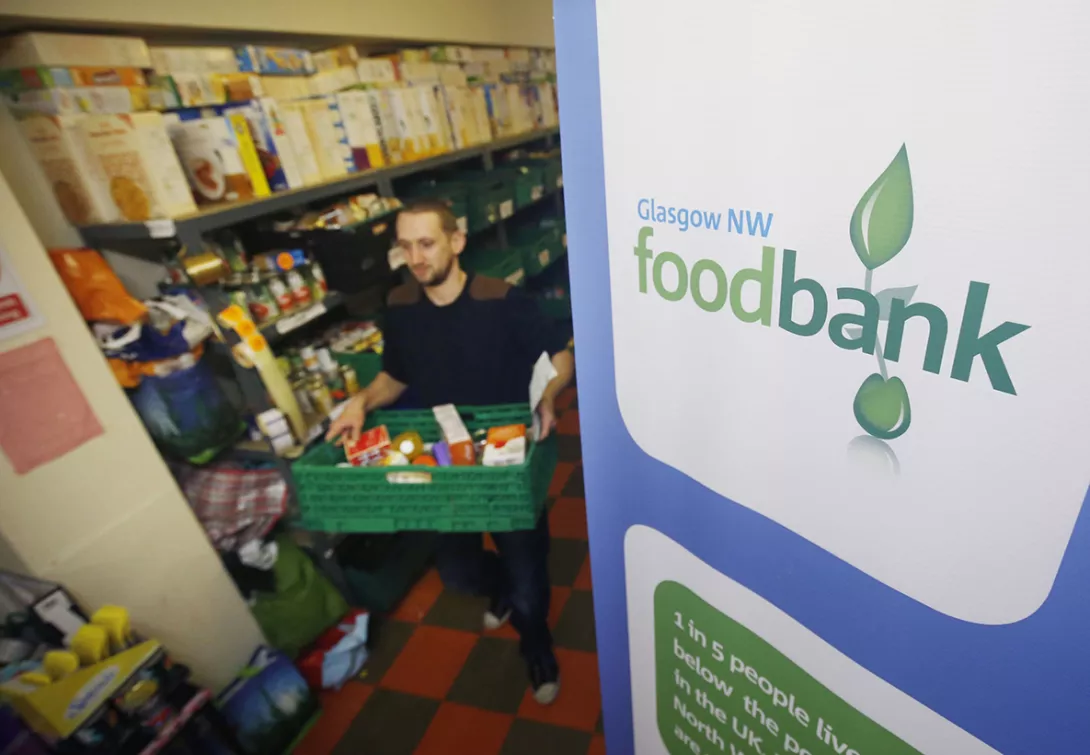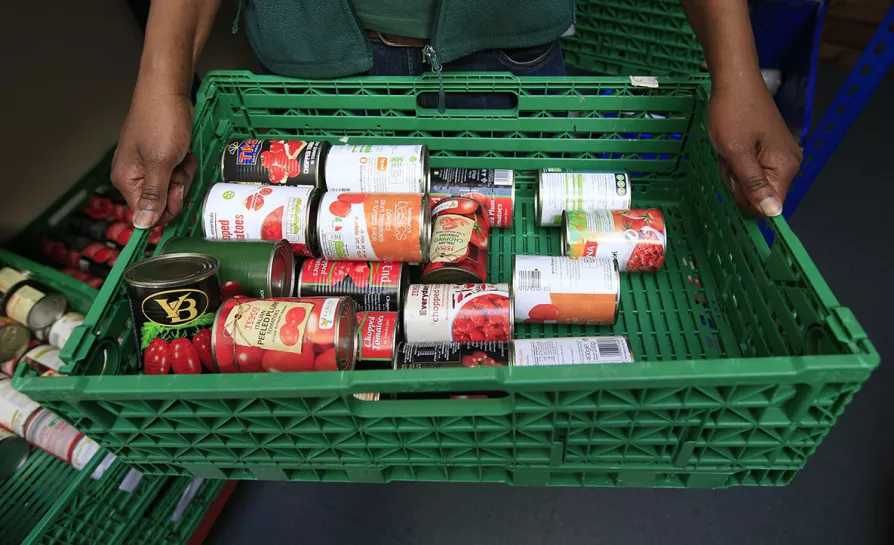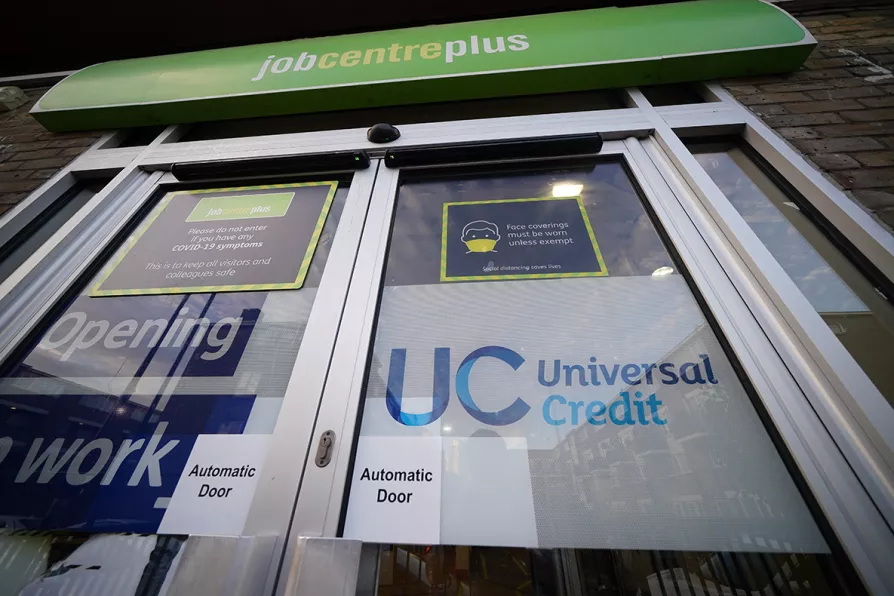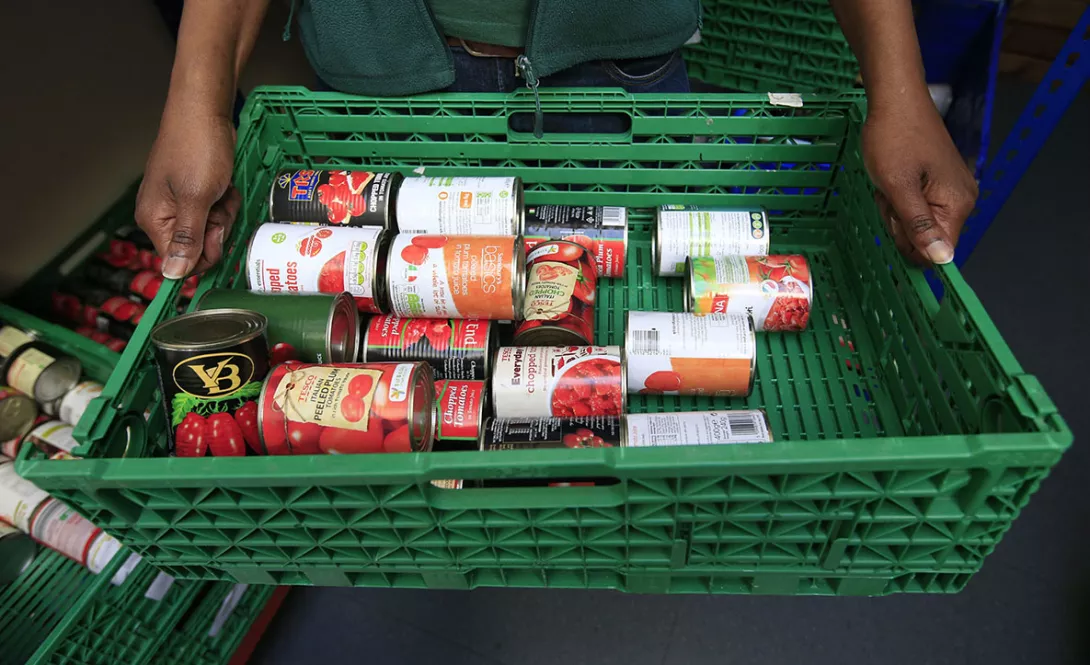Two in five low-paid workers have used a food bank in past year, study finds

THE government is facing calls to boost job security and wages after shocking new research revealed that two in five low-paid workers have had to resort to foodbanks for support.
A Living Wage Foundation (LWF)-commissioned report published today exposes the harsh realities faced by workers earning less than the real living wage, calculated at £12 per hour nationwide, £13.15 in London.
Its survey of 2,000 low-paid workers found that two in five have used a foodbank in the past year, while one in three had skipped meals altogether to save money.
More from this author

















